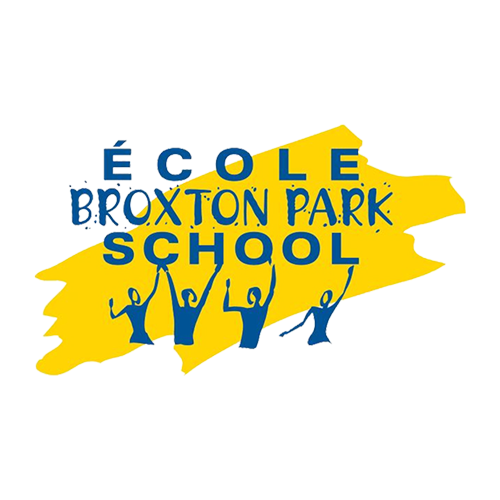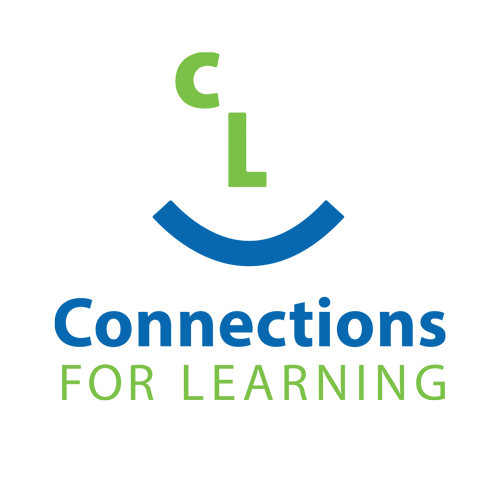2: Role of the Board
Policy
The Board is a corporate entity created by provincial legislation and given authority by the Education Act and the corresponding regulations. It is comprised of trustees elected in accordance with the Local Authorities Election Act and as provided for in The Parkland School Division Trustee Electoral Ward Bylaw within Board Policy 7: Board Operations. The Board exercises its authority through a democratic process and always models a culture of respect, understanding and integrity.
The Board is charged with the responsibility of providing, for its students and their parents or guardians, an education system organized and operated in their best interests. It exercises this responsibility through setting of local educational policy and the wise use of resources.
The Government of Alberta has legislated that the Board, as a partner in education, has the following responsibilities:
Education Planning and Programming
The Board shall deliver appropriate education programming to meet the needs of all students enrolled in a school operated by the Board and to enable their success [Education Act s. 33(1)(a)]. Specifically, the Board:
1. Reviews and approves the vision for the Division;
2. Annually reviews and approves education goals, including the Annual Education Plan;
3. Sets governance standards for establishing the annual school division calendar; and
4. Sets governance standards for reviewing and approving alternatives to educational programming.
Assurance and Accountability
The Board shall be accountable and provide assurances to students, parents, the community and the Minister for student achievement of learning outcomes [Education Act s. 33(1)(b)]. Specifically, the Board:
5. Develops and implements a reporting and accountability system on any matter the Minister prescribes;
6. Disseminates any information, in the reports and accounts produced, under the reporting and accountability system to students, parents, electors and/or the Minister in the manner the Minister prescribes; and
7. Reviews Division performance, on an ongoing basis, and approves the Annual Education Results Report.
Stakeholder Engagement and Communication
The Board shall provide, where appropriate, for the engagement of parents, students, staff and the community, including municipalities and the local business community, in Board matters, including the Board’s plans and the achievement of goals and targets within those plans [Education Act s. 33(1)(c)]. Specifically, the Board:
8. Monitors, evaluates and reports Division performance and achievements to all stakeholders; and
9. Establishes processes and provides opportunities for input from its stakeholders.
Safe and Caring Environment
The Board shall ensure that each student enrolled in a school operated by the Board and each staff member employed by the Board is provided with a welcoming, caring, respectful and safe learning environment that respects diversity and fosters a sense of belonging [Education Act s. 33(1)(d)]. Specifically, the Board:
10. Maintains a policy respecting the Board’s obligation under Education Act subsection (1)(d) to provide a welcoming, caring, respectful and safe learning environment that includes the establishment of a code of conduct for students that addresses bullying behaviour; and
11. Provides, where prudent to do so, recognition to students, staff, trustees and community members and organizations.
Supports and Services
The Board shall provide a continuum of supports and services to students that is consistent with the principles of inclusive education [Education Act s. 33(1)(e)]. Specifically, the Board:
12. Supports the removal of barriers with learning partners and within learning environments; and
13. Develops ongoing relationships with government, school and system leaders, families and community partners to strengthen and renew their understanding, skills and abilities to create flexible and responsive learning environments.
Collaboration
The Board shall collaborate with municipalities, other boards and community-based service agencies in order to effectively address the needs of all students and manage the use of public resources [Education Act s. 33(1)(f)]. Specifically, the Board:
14. Promotes positive community engagement within the Division;
15. Represents the community’s needs, hopes and desires for education;
16. Supports the schools’ programs, needs and desires to the community; and
17. Holds regular meetings and communicates, on an ongoing basis, with locally elected officials. The Board shall collaborate with post-secondary institutions and the community to enable smooth transitions for students from secondary to post-secondary education [Education Act s. 33(1)(g)]. Specifically, the Board:
18. Annually reviews and presents six-year post-secondary transition rates.
Governance and Organization
The Board shall establish and maintain governance and organizational structures that promote student well-being and success, and monitor and evaluate their effectiveness [Education Act s. 33(1)(h)]. Specifically, the Board:
19. Establishes policy;
20. Evaluates the impact of Board policies;
21. Develops an annual plan for advocacy including focus, key messages, and mechanisms;
22. Participates in local, provincial and national advocacy processes;
23. Reinforces local, provincial and national positions with media and members of the legislature and parliament;
24. Develops a yearly plan for Board/trustee development;
25. Encourages individual trustees to participate in conferences and other activities to further develop Board and trustee effectiveness;
26. Undertakes an annual Board self-evaluation;
27. Promotes positive and productive interactions amongst fellow trustees; and
28. Creates the Board Annual Work Plan.
Resource Stewardship
The Board shall ensure effective stewardship of the Board’s resources [Education Act s. 33(1)(i)]. Specifically, the Board:
29. Reviews and approves the annual budget assumptions;
30. Reviews and approves capital plans, on an annual basis;
31. Reviews and approves the budget on an annual basis;
32. Sets the mandates for collective bargaining;
33. Ratifies memoranda of agreements with bargaining units;
34. Approves transfers to and from operating and capital reserves;
35. Acquires and disposes of land and buildings;
36. Approves student fees annually;
37. Approves a Borrowing Resolution as prudent to do so; and
38. Approves the Superintendent’s contract.
Superintendent-Board Relations
The Board shall recruit the Superintendent and entrust the day-to-day management of the school division to the staff through the Superintendent [Education Act s. 33(1)(j)]. Specifically, the Board:
39. Selects the Superintendent;
40. Provides the Superintendent with clear corporate direction;
41. Delegates to the Superintendent responsibility for all executive functions and provides authority commensurate with responsibilities;
42. Evaluates the Superintendent;
43. Supports the Superintendent’s actions;
44. Respects the Superintendent as the Chief Executive Officer; and
45. Demonstrates mutual support which is conveyed to the staff and the community
Conduct
The Board shall develop and implement a code of conduct that applies to trustees of the Board, including definitions of breaches and sanctions, in accordance with principles set out by the Minister by order [Education Act s. 33(1)(k)]. Specifically, the Board:
46. Establishes a Parkland School Division Code of Conduct, by policy, to apply to all students, staff, parents and community members.
Liability
The Board shall comply with all applicable Acts and regulations [Education Act s. 33(1)(l)]. Specifically, the Board:
47. Acts in accordance with all statutory requirements; and
48. Maintains a Board Policy for whistle-blower protection.
Dispute Resolution
The Board shall establish appropriate dispute resolution processes [Education Act s. 33(1)(m)]. Specifically, the Board:
49. Hears appeals as required by statute; and
50. Maintains a policy for Appeals Regarding Student Matters.
Ministerial Direction
The Board shall carry out any other matters that the Minister prescribes [Education Act s. 33(1)(n)]. Specifically, the Board:
51. Performs Board functions required by governing legislation and Ministerial directives; and
52. Reviews and approves student attendance areas.
Approved:























